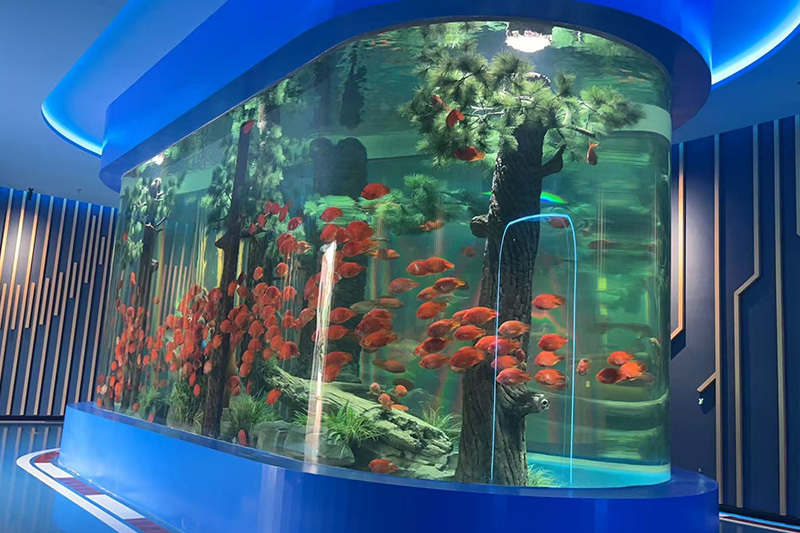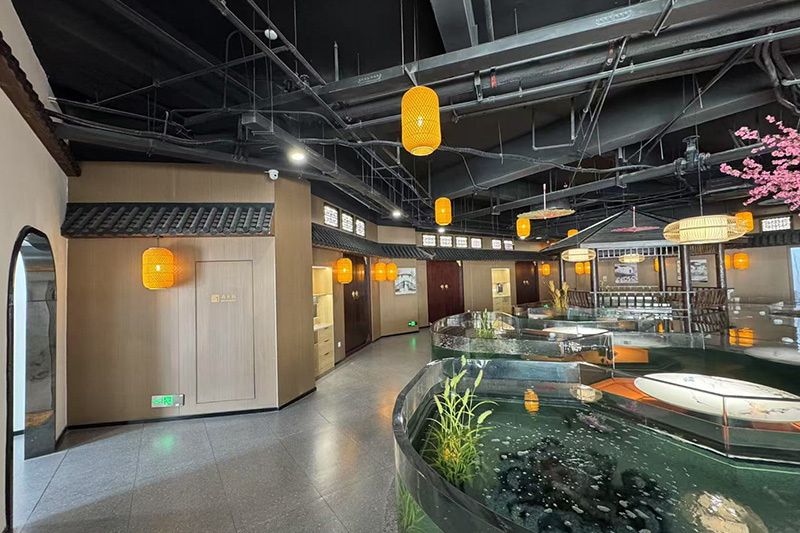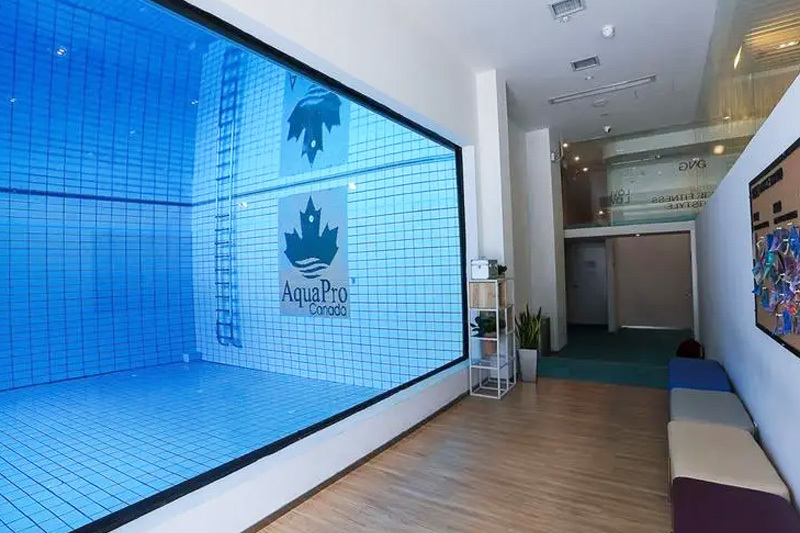
The Versatile World of Acrylic Tunnels: A Comprehensive Overview
Acrylic tunnels are an increasingly popular option in various applications due to their unique properties and versatility. Made from polymethyl methacrylate (PMMA), acrylic is a transparent thermoplastic that offers excellent clarity and aesthetic appeal. Acrylic tunnels are commonly used in both decorative and functional contexts, making them a valuable addition to many industries, particularly i
Release time:
2025-10-11
Acrylic tunnels are an increasingly popular option in various applications due to their unique properties and versatility. Made from polymethyl methacrylate (PMMA), acrylic is a transparent thermoplastic that offers excellent clarity and aesthetic appeal. Acrylic tunnels are commonly used in both decorative and functional contexts, making them a valuable addition to many industries, particularly in the field of plastics and chemical products.
One of the key advantages of acrylic tunnels is their lightweight nature. Compared to glass, acrylic is significantly lighter, which facilitates ease of handling and installation. This property makes acrylic tunnels particularly useful in settings where weight is a critical factor, such as in architectural designs or portable structures. Moreover, acrylic's impact resistance is notably superior to that of glass, making it a safer alternative in environments prone to breakage or impact damage.
In terms of optical clarity, acrylic tunnels provide a high level of transparency, allowing for maximum light transmission. This feature is especially beneficial for applications where visibility is essential, such as in display cases or lighting fixtures. The ability to shape and mold acrylic into various forms further enhances its applications, allowing for intricate designs that can cater to specific customer needs.
Another compelling aspect of acrylic tunnels is their UV resistance. Unlike many other plastics, acrylic does not yellow or degrade when exposed to sunlight over time. This makes it an ideal choice for outdoor applications, such as signage or protective barriers, where long-term durability is crucial. The ability to maintain clarity and structural integrity under UV exposure sets acrylic tunnels apart from other materials, ensuring they retain their aesthetic appeal for years.
Acrylic tunnels are also highly customizable. They can be easily fabricated into different sizes and shapes, accommodating diverse project requirements. Whether you need a simple design or a complex structure, acrylic can be engineered to meet your specifications. This flexibility, combined with the material's favorable properties, allows for innovative design solutions in various sectors, including advertising, architecture, and display.
In conclusion, acrylic tunnels represent a versatile and practical choice for many applications within the chemical and plastics industries. Their lightweight, impact-resistant nature, combined with excellent optical clarity and UV stability, makes them ideal for both functional and decorative uses. As industries continue to seek materials that offer both durability and aesthetic appeal, acrylic tunnels are likely to remain a popular choice for professionals looking to enhance their projects.
One of the key advantages of acrylic tunnels is their lightweight nature. Compared to glass, acrylic is significantly lighter, which facilitates ease of handling and installation. This property makes acrylic tunnels particularly useful in settings where weight is a critical factor, such as in architectural designs or portable structures. Moreover, acrylic's impact resistance is notably superior to that of glass, making it a safer alternative in environments prone to breakage or impact damage.
In terms of optical clarity, acrylic tunnels provide a high level of transparency, allowing for maximum light transmission. This feature is especially beneficial for applications where visibility is essential, such as in display cases or lighting fixtures. The ability to shape and mold acrylic into various forms further enhances its applications, allowing for intricate designs that can cater to specific customer needs.
Another compelling aspect of acrylic tunnels is their UV resistance. Unlike many other plastics, acrylic does not yellow or degrade when exposed to sunlight over time. This makes it an ideal choice for outdoor applications, such as signage or protective barriers, where long-term durability is crucial. The ability to maintain clarity and structural integrity under UV exposure sets acrylic tunnels apart from other materials, ensuring they retain their aesthetic appeal for years.
Acrylic tunnels are also highly customizable. They can be easily fabricated into different sizes and shapes, accommodating diverse project requirements. Whether you need a simple design or a complex structure, acrylic can be engineered to meet your specifications. This flexibility, combined with the material's favorable properties, allows for innovative design solutions in various sectors, including advertising, architecture, and display.
In conclusion, acrylic tunnels represent a versatile and practical choice for many applications within the chemical and plastics industries. Their lightweight, impact-resistant nature, combined with excellent optical clarity and UV stability, makes them ideal for both functional and decorative uses. As industries continue to seek materials that offer both durability and aesthetic appeal, acrylic tunnels are likely to remain a popular choice for professionals looking to enhance their projects.
Acrylic tunnel
Latest information





